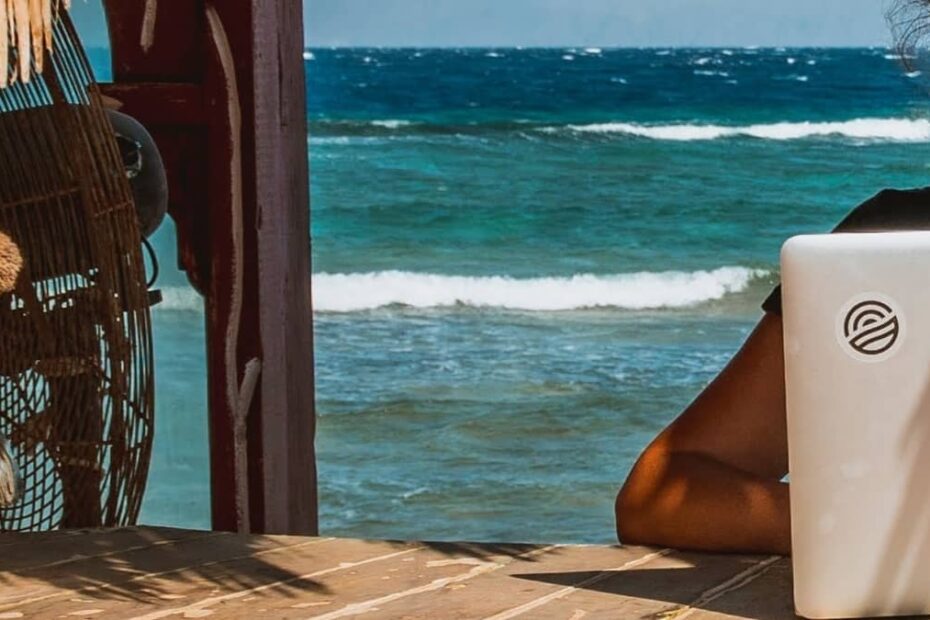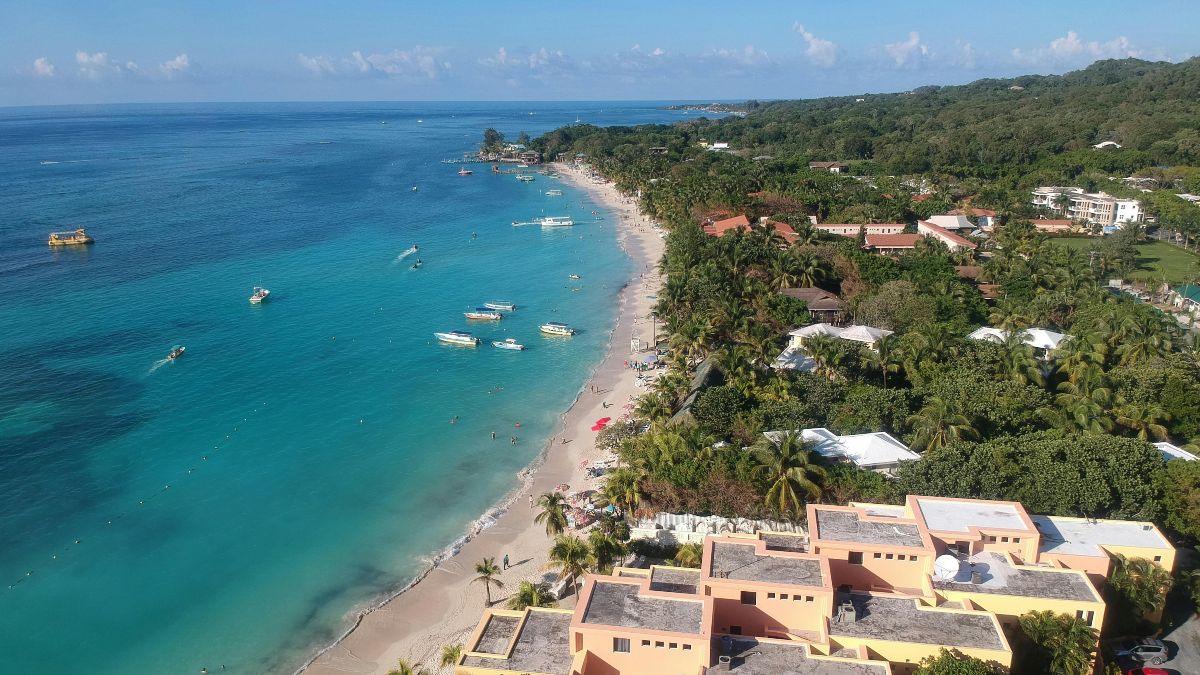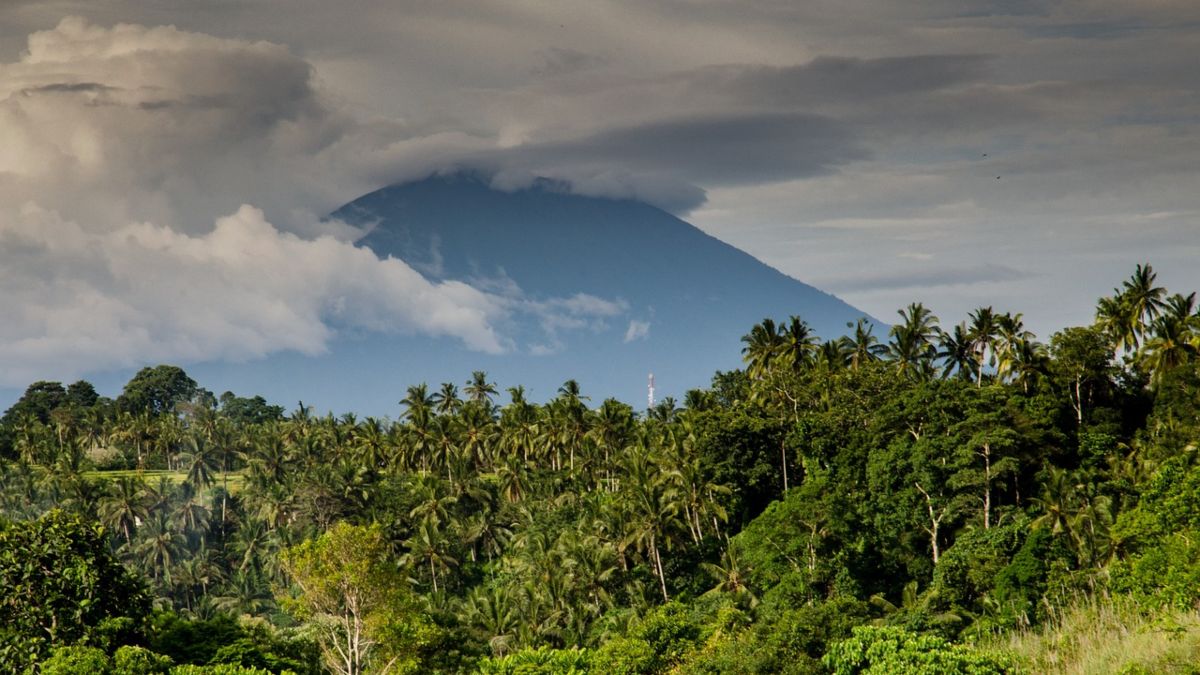Some tips on protecting your cybersecurity while traveling through, or living in Central America.
You can already recognize some of the common dangers related to traveling. A stolen wallet or a bag is a scary situation for any traveler. But what about your digital data? Are you sure the wi-fi at your hotel provides all the protection possible? Oftentimes, hotel wi-fi leaves much to be desired.
From avoiding public wi-fi hotspots to enabling the highest levels of security on all your devices – meaning your iOS or android phones, your tablets, and your laptops – we’ll share some of the best practices for staying cyber-safe on your travels in Central America.
Online security in Central America is now more important than ever, given both Costa Rica and Panama now have remote work visas in place to attract digital nomads to their shores. You can expect other countries to join them sooner rather than later in the coming months.
Getting adjusted to a new place takes time, and we’re not only referring to the jet lag. If you’re a digital nomad in Central America, you need to know how to change your digital habits to become safer online:
Panama has passed a law to allow remote workers to stay in that country, and Costa Rica is hot on its heels with approved legislation of its own. We compare the two visas as they stand right now. #digitalnomad #remotework https://t.co/hfhGtsXaX0
— CentralAmericaLiving (@VidaAmerica) July 20, 2021
1. Beware of forged COVID-19 passports and vaccination documents:
Although there are signs the COVID-19 pandemic is slowing down a bit, we’re not out of the woods yet. As more people get vaccinated, lockdowns and travel restrictions are slowly but surely ending around the world. worldwide.
In other words, the number of countries opening up their borders to travelers is increasing.
Even with this being so, these countries are still cautious of potential consequences, and are introducing COVID-19 certificates to provide holders with certain freedoms on their travels.
Unfortunately, cybercriminals have already found a way to profit from these certificates by selling fake vaccination documents. It might be tempting to use this opportunity. But please note the dangers of forged documents. It is a crime, and it is never the right way to start your trip.
Check with your local health ministry to see the process of obtaining the necessary documentation to and avoid problems with the law in a foreign country. Also, be wary of the many COVID-related scams that circulate. Deceptive websites could spread misinformation or attempt to steal your personal information.
Is it a crime to forge a vaccine card? And what’s the penalty for using a fake? https://t.co/lySpCLQxAU
— Salon (@Salon) August 31, 2021
2. Update your devices:
Before you plan to venture on a journey, you should make sure your devices are fully backed up and up to date with the latest updates.
Many people fail to realize the importance of regularly backing up and updating their devices, even though they have their sensitive, personal, and financial data stored on them.
After all, the updates might take longer if your internet connection turns out to be rather sluggish. Knowing that vulnerabilities can serve as entry points for hackers, it is best to be prepared.
Since cybersecurity incidents and data breaches can happen at any time, anywhere, you should always have multiple backups just in case. We recommend you keep a copy of all your data in the cloud and on a hardware device.
These copies could include all your important documents (like your passport). You should also consider encrypting your sensitive data to add another layer of security, and keep your data and devices protected.
3. Use built-in security features:
Your mobile devices have a way of putting you in awkward situations. They can get stolen, misplaced, lost, and so on. These are good reasons to further secure your devices using built-in security features such as biometric authentication measures, pattern locks, strong passwords, and PINs.
While setting up locks on your devices means you have to unlock them each time you use them, it will keep your data protected in case of theft/loss. Use a combination of a PIN and a biometric feature for the best security. If you still use pattern locks, do not hesitate to switch. Here are some more tips on Android security (most of them also applicable to iOS).
Are you taking advantage of all the #privacy settings on your phone? Check out Privacy Pulse Check Part II and get tips on security measures that can help protect your #android #wireless device: https://t.co/t4jONIfzSu
— ACTwireless (@ACTwireless) August 12, 2021
4. Avoid public Wi-Fi connections:
The chances are that you’ll take a rest at a local shop, store, hotel, motel, cafe, or restaurant and use their complimentary Wi-Fi. You might sit down to check your email, social media, talk to your friends, and so on.
The problem is, though, that public Wi-Fi connections, although a saving grace from overpaying for cellular data, offer unsecured connections. Instead of paying money, you might pay with your data and security.
Public Wi-Fi connections are a security risk that can expose your private data and make it available to cybercriminals. They can also make your devices vulnerable to hack attacks, malware and ransomware infections, and loss of sensitive data.
If you can’t avoid using public Wi-Fi connections, try not to use any services that require your sensitive data, login credentials, etc.
To use public Wi-Fi without worrying about your data, you should download a VPN. It does the job of encrypting your internet traffic and making it impossible for entities to intercept your activities, making your digital activities much safer, and allowing you whatever public wi-fi you like.
Central America will never disappoint you.
You will love traveling and working in the region. But to enjoy the experience the most, always use all the necessary security tools mentioned here to ensure a stress-free time.



